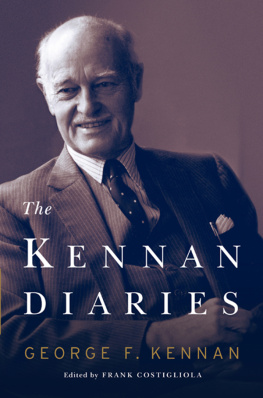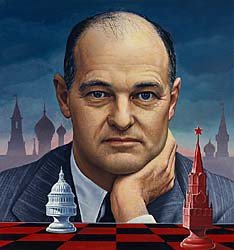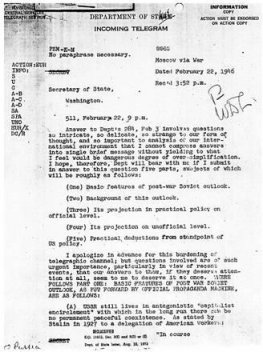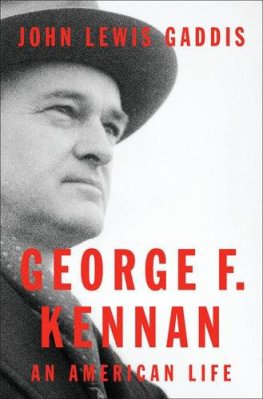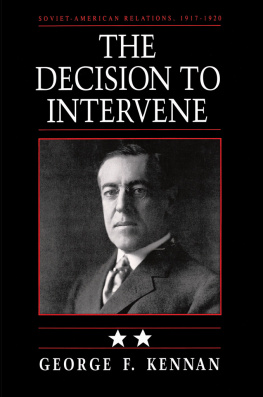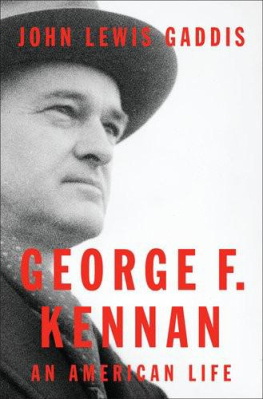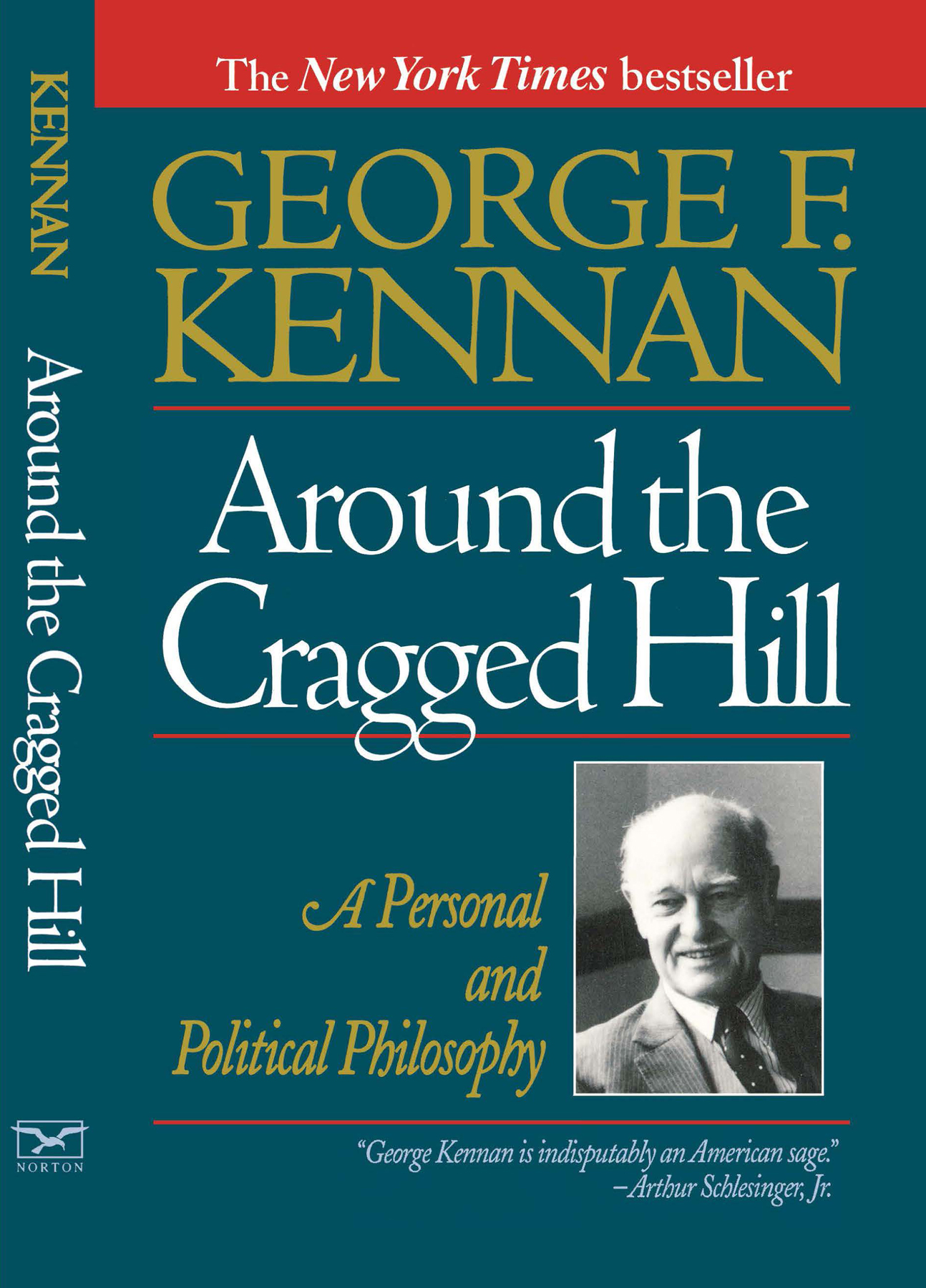George F. Kennan - Around the Cragged Hill: A Personal and Political Philosophy
Here you can read online George F. Kennan - Around the Cragged Hill: A Personal and Political Philosophy full text of the book (entire story) in english for free. Download pdf and epub, get meaning, cover and reviews about this ebook. year: 1994, publisher: W. W. Norton & Company, genre: Religion. Description of the work, (preface) as well as reviews are available. Best literature library LitArk.com created for fans of good reading and offers a wide selection of genres:
Romance novel
Science fiction
Adventure
Detective
Science
History
Home and family
Prose
Art
Politics
Computer
Non-fiction
Religion
Business
Children
Humor
Choose a favorite category and find really read worthwhile books. Enjoy immersion in the world of imagination, feel the emotions of the characters or learn something new for yourself, make an fascinating discovery.

- Book:Around the Cragged Hill: A Personal and Political Philosophy
- Author:
- Publisher:W. W. Norton & Company
- Genre:
- Year:1994
- Rating:3 / 5
- Favourites:Add to favourites
- Your mark:
Around the Cragged Hill: A Personal and Political Philosophy: summary, description and annotation
We offer to read an annotation, description, summary or preface (depends on what the author of the book "Around the Cragged Hill: A Personal and Political Philosophy" wrote himself). If you haven't found the necessary information about the book — write in the comments, we will try to find it.
[Kennan] comes to us...as ambassador of a generation nearly gone and a conservatism so responsible, dutiful and so long extinct it may look revolutionary....As ever, Kennan in the present book has fulfilled his responsibility admirably. Chicago Tribune
I have attempted to take the high ground, writes George F. Kennan in the foreword to this illuminating work, trying to stick to the broader dimensions of thingsthe ones that would still be visible and significant in future decades. Against the background of a century of wars, revolution, and uneasy peace, Mr. Kennan advances his thoughts on a broad front: how the individuals quest for power can transform a government into a confusion of ambition, rivalry, and suspicion; how a nations size can create barriers between the rulers and the ruled; why America must first set its own house in order before it can become a beacon to others. Deeply aware of the pressures under which public officials must act, Mr. Kennan sees a government in Washington that is forced to make decisions on issues of the moment, often without regard for long-term consequences. Neither the legislature, responsive to the interests of a narrow constituency, nor the executive branch, swamped by urgent problems at home and abroad, has the time or inclination to look far beyond the next election. Lost entirely is a vital element in any democracy: deliberation based upon study, review, and judgment. To address problems that defy quick political solutions, Mr. Kennan here boldly lays down a blueprint for a Council of State, a nonpolitical, permanent advisory board that would stand alongside yet apart from government policy makers, with the prestige to be heard above the cacophony of political ambitions. Rich in historical example, this volume is a brilliant summing up of the experience and thought of the man the Atlantic described in a cover story entitled The Last Wise Man as: diplomat, scholar, writer of rare literary gifts, one of most remarkable Americans of this century.George F. Kennan: author's other books
Who wrote Around the Cragged Hill: A Personal and Political Philosophy? Find out the surname, the name of the author of the book and a list of all author's works by series.

